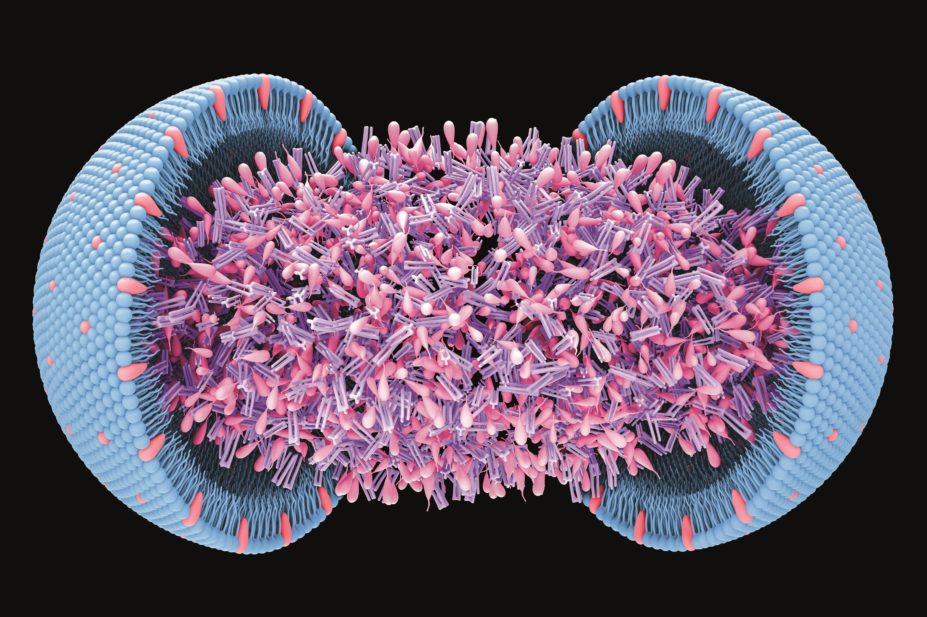
Maurizio de Angelis / Science Photo Library
A new class of cholesterol-lowering drug has been launched in the UK, the first since the launch of the statin in 1987. Following its approval by the European Medicines Agency (EMA) in May 2015, and its US launch in August 2015, evolocumab is marketed by Amgen as Repatha.
Evolocumab is a monoclonal antibody that inhibits the proprotein convertase subtilisin–kexin type 9 (PCSK9) and is indicated for the treatment of patients with familial hypercholesterolaemia, or with primary hypercholesterolaemia who are unable to control their cholesterol with current therapies. It is given fortnightly as an injection, and can be used in addition to statins or alone in patients who are intolerant of statins. Another PCSK9 inhibitor, Praluent (alirocumab), from Sanofi and Regeneron, was recommended for approval by the EMA in July 2015, and was approved in the United States in the same month. This could potentially be next in line for the UK.
The first statin, Merck’s Mevacor (lovastatin), aimed to mass-scale reduce raised cholesterol levels — the strongest risk factor for heart disease. However, statins do not work for everyone.
“It is possible to achieve satisfactory control of cholesterol in the vast majority of patients with modern, high intensity statin treatment. This new class of anti-PCSK9 drugs represent an important new treatment option for patients, particularly those with established heart disease who are at the highest risk,” says Dermot Neely, a trustee of cholesterol charity Heart UK.
Although the PCSK9 inhibitors are a welcome addition to the drug arsenal against hypercholesterolaemia, the challenge for healthcare systems is likely to be cost of treatment. The prices in the United States are US$14,100 (around £9,100) a year for evolocumab and US$14,600 (£9,500) a year for alirocumab. Although the costs for Repatha will be £340.20 a month in the UK, less than half the cost of those in the United States, long-term treatment could still be a strain on an already strapped drugs budget.
Despite the price, PCSK9 inhibitors represent a major step forward in the prevention of heart disease, particularly in light of the side effects linked with statins. They have the advantage of only requiring administration once every two weeks and, with a once-monthly formulation in the pipeline, could improve adherence and therefore outcomes for patients. The research behind these new biologics may lead to potential new approaches to treating hypercholesterolaemia.


